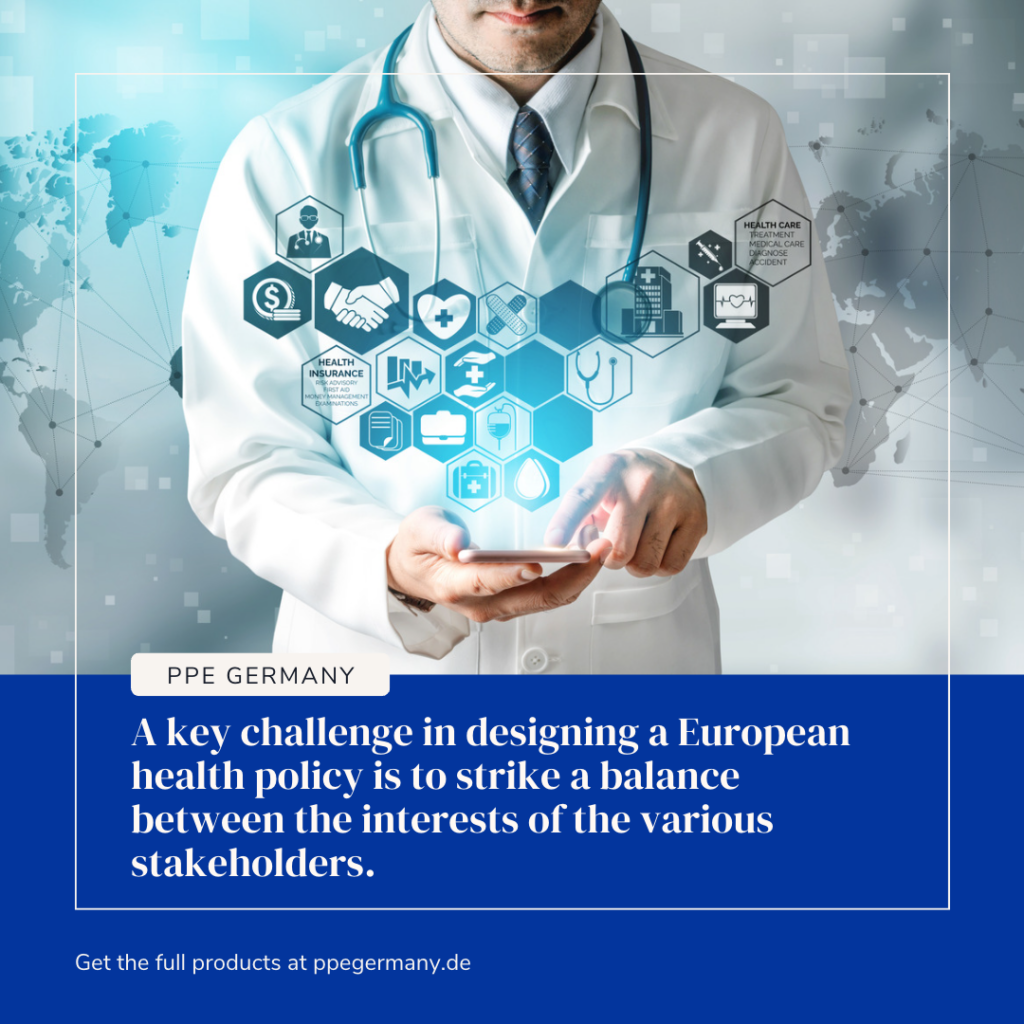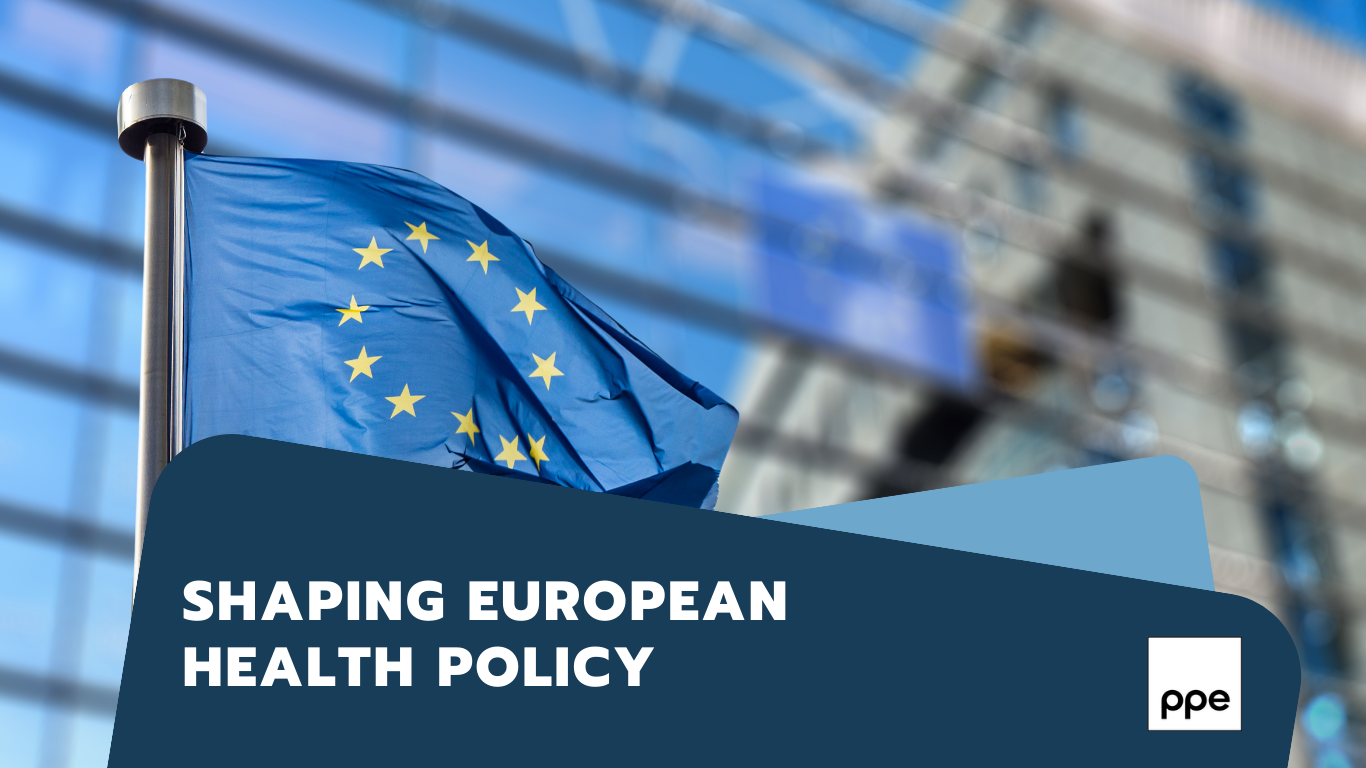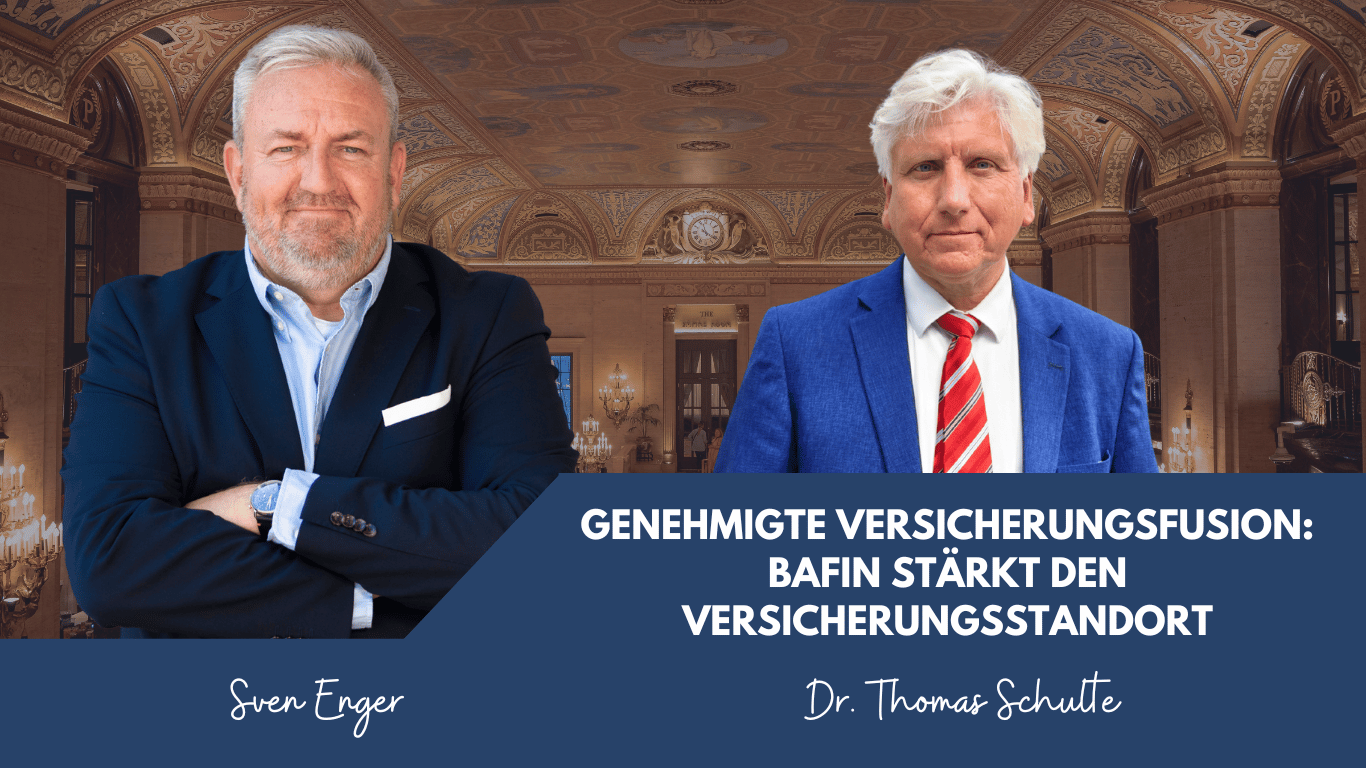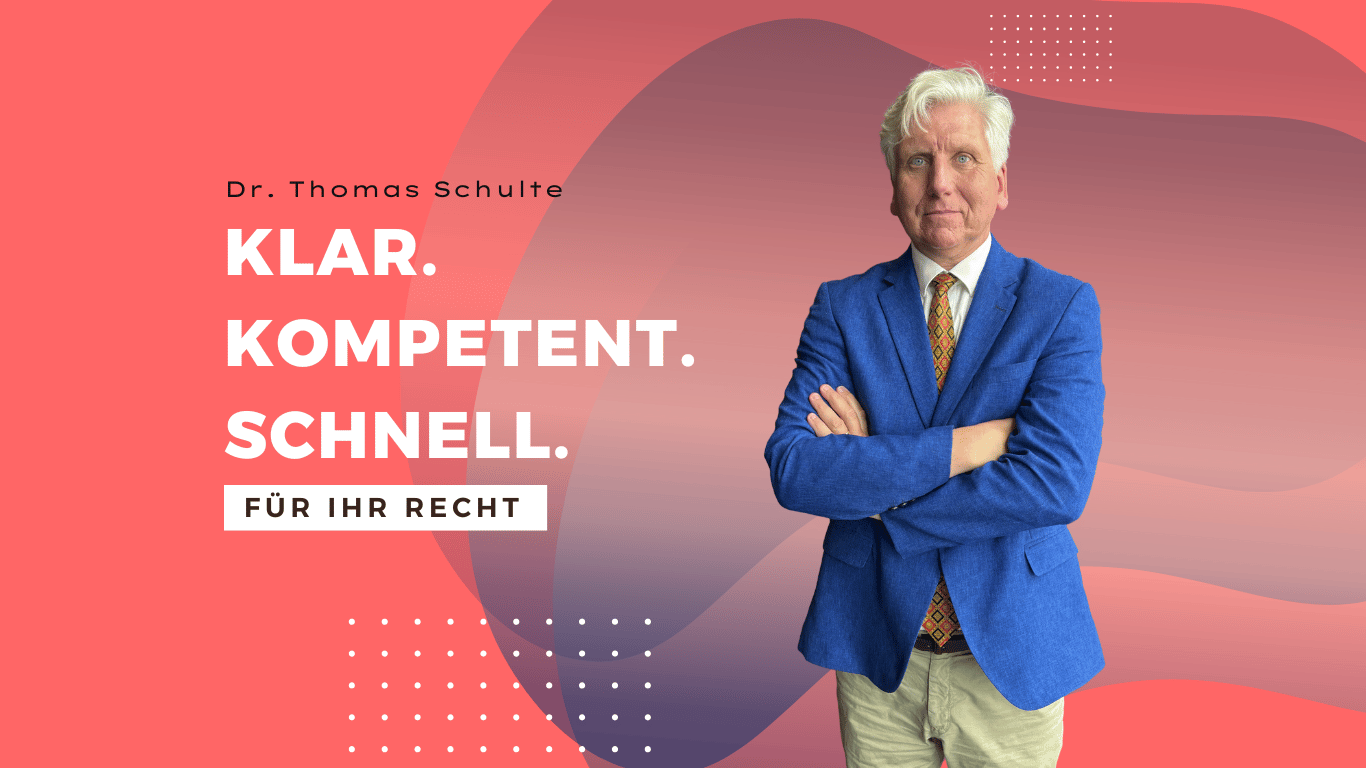EU health policy: protecting and improving health and equal access for all European citizens. Efficient health care, prevention and control of diseases – discussion contribution by Max Leber, Managing Director PPE Germany GmbH from Berlin.
The design of European health policy is crucial to ensure that health care remains at a high level for all citizens in Europe. However, an effective health policy at the European level must be tailored to the needs of individual member states and citizens, and EU (European Union) health policy must be seen as complementary to national policies.
A key challenge in designing a European health policy is to strike a balance between the interests of different stakeholders. These include governments, healthcare providers, patients and pharmaceutical companies, among others. An open and transparent discussion between these stakeholders is necessary to develop a policy that is beneficial to all.
Another important factor in shaping a European healthcare policy is the need to make healthcare in Europe more effective and cost-efficient. Digital solutions, such as the use of e-health systems and telemedicine, contribute to this. The development of a common European database for medical research and the harmonization of approval processes for drugs and medical devices are also part of this to reduce healthcare costs while improving the quality of care.

Improving health information between hospitals
Improved health information between hospitals is necessary to ensure that patients receive high-quality care. A smooth flow of information between different health care facilities helps to avoid duplication of data, improve the efficiency of care, and minimize the risk of medical errors.
One way to improve health information between hospitals is to implement a shared electronic health record system. Such a system allows different healthcare facilities to access important medical information, such as diagnoses, medical tests, and pre-existing conditions. This can help ensure that patients receive continuity of care and that important information is not lost.
Prevention – coordination – regulation of Healthcare industry at EU level
Regulations help ensure that medicines and medical devices are safe and effective, while regulating the market for medicines and medical devices and making the healthcare industry fair and transparent across Europe.
Prevention at the EU level will improve the long-term health of Europe’s citizens while reducing healthcare costs. This includes measures to promote healthy lifestyles, such as encouraging physical activity and healthy eating, and preventing tobacco and alcohol use.
One of the EU’s goals is to coordinate among member states to promote collaboration on health care across Europe by sharing best practices and best practices and improving developments in treatment protocols and guidelines.
EU Directive Health Protection at Work
Among the key provisions of the Occupational Health Directive are requirements for employers to conduct risk assessments to identify and minimize potential workplace hazards. Employers are required to take steps to minimize worker exposure to potential workplace hazards, including providing protective equipment and training on safe handling of materials and tools.
The Occupational Health and Safety Policy is also designed to reduce work-related illnesses and injuries. Employers must take steps to ensure that working conditions are safe and healthful to minimize the risk of injury and illness. Employers are also required to inform workers about potential workplace hazards and provide training to prevent injuries and illnesses.
Health management: Europe leads the way
The implementation of the Occupational Health Directive aims to create the conditions for workers to work safely and healthily across borders in the EU. Employers are ensuring that they have the necessary resources to implement the directive and ensure that all employees are properly trained and that working conditions are safe and conducive to good health. Europe is leading the way with compliance, employers across Europe are ensuring that they not only meet the legal requirements but also ensure that they provide a safe and healthy working environment for their employees.
V.i.S.d.P.:
Max Leber
Managing Director & Sales
PPE-Germany GmbH
Contact:
PPE Germany GmbH
Mertensstr. 63-115
13587 Berlin
Germany
Tel: +49 30 202366380
Email: anfrage@ppegermany.de
Web: https://ppegermany.de
Contact: Max Leber, GF and Sales
Press contact:
PPE Germany GmbH
Mertensstr. 63-115
13587 Berlin
Germany
Tel: +49 30 202366380
Mail: presse@ppegermany.de
Web: https://ppegermany.de
Company Description:
PPE Germany GmbH, based in Berlin, are specialists in respiratory protection Made in Germany. PPE Germany is one of the major European mask producers for high quality FFP2 masks and started production in 2020 to ensure the supply of protective equipment to the population. PPE Germany protects the health of people who have to work and live in complicated air conditions for example from Viral contamination, Hospital germ contamination, Bacterial contamination, Dust, Fibers (e.g. from mineral wool), Industrial fumes, Fine dust. All PPE Germany products are certified and subject to the most stringent testing standards. For more information, please visit: https://ppegermany.de





